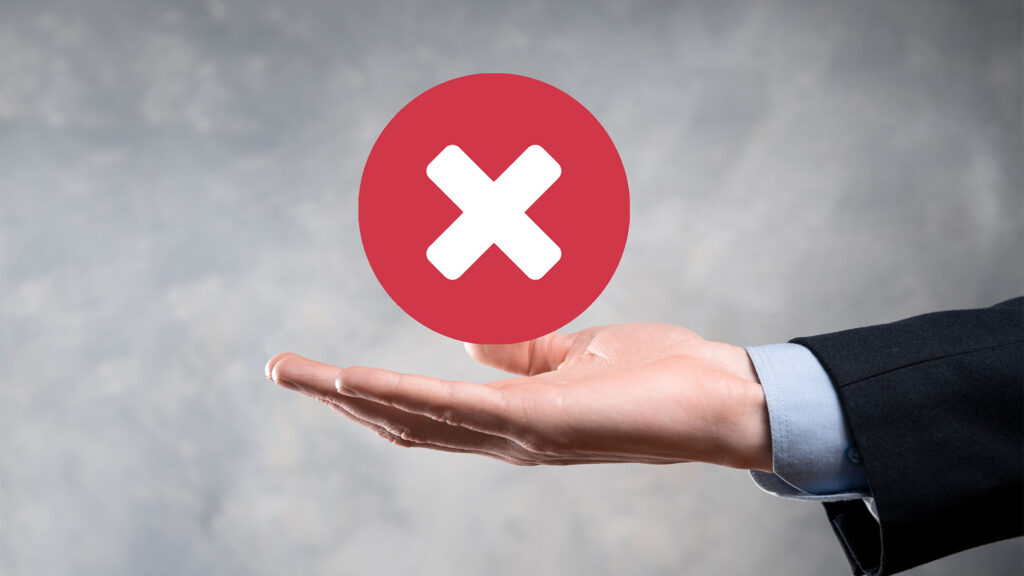Rio Tinto (ASX:RIO) is again facing growing local opposition to its plans for the massive Jadar lithium mine in western Serbia.
Tens of thousands of people gathered in central Belgrade on Saturday, demanding a halt to Rio Tinto’s project due to concerns about potential pollution to nearby land and water. Reuters reported that protesters filled the streets leading to Terazije Square, waving Serbian flags and chanting “You will not dig” and “Rio Tinto leave Serbia!”
Government officials claimed the protests were politically motivated, aiming to undermine President Aleksandar Vui and his government. However, the project was halted a couple of years ago when local opposition became overwhelming for the previous Serbian government.
Last month, Serbia reinstated Rio’s license to develop what would be Europe’s largest lithium mine, two years after the previous government suspended the process amid environmental concerns.
The project’s budget was estimated at around US$2.6 billion last year, but given current cost increases, it’s likely to exceed US$3 billion. With the global lithium market downturn, Rio may struggle to justify this expense.
Rio Tinto also has a multi-billion dollar lithium project in Argentina called Rincon, where a pilot plant is nearing completion. The market is unlikely to support both projects, especially considering the availability of developed projects in Australia or Chile at lower costs.
The decision to reinstate the license triggered nationwide protests in Serbian towns. Protesters issued a deadline for the government to ban lithium exploration and exploitation, which expired on Saturday.
If implemented, the US$2.4 billion Jadar lithium project could supply 90% of Europe’s current lithium needs and position Rio Tinto as a leading global lithium producer.
Government officials argue that the lithium mine would boost Serbia’s economy, but environmentalists contend that the costs would be too high.
In mid-July, Vui, German Chancellor Olaf Scholz, and EU energy commissioner Maroš Šefovi signed an agreement granting EU member states access to raw materials mined in Serbia, including lithium. This deal aims to reduce the EU’s reliance on imports from America and Asia, but the global downturn could hinder new mine development.

